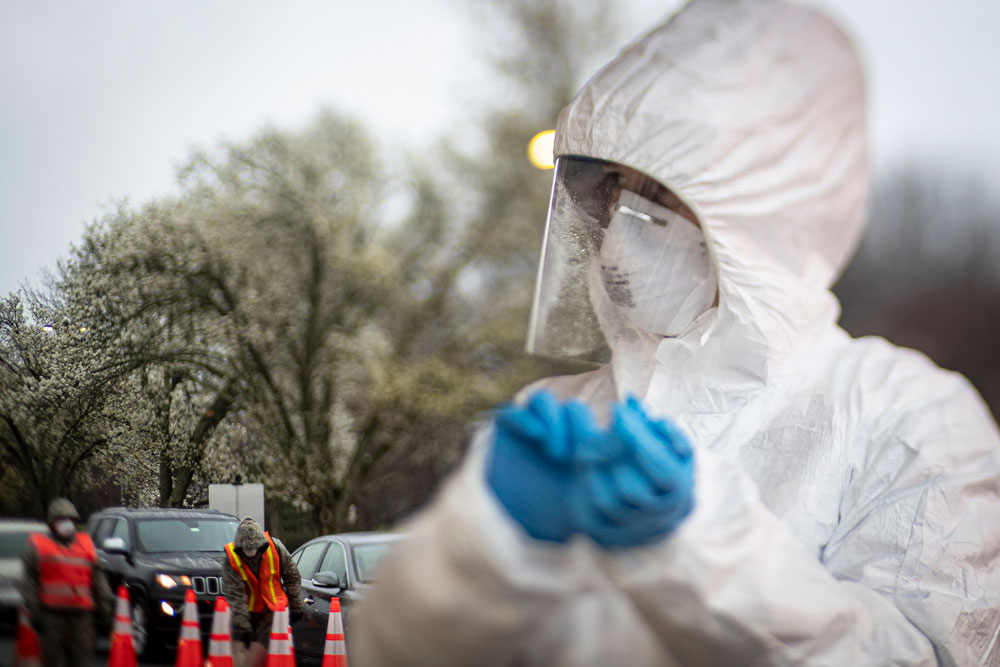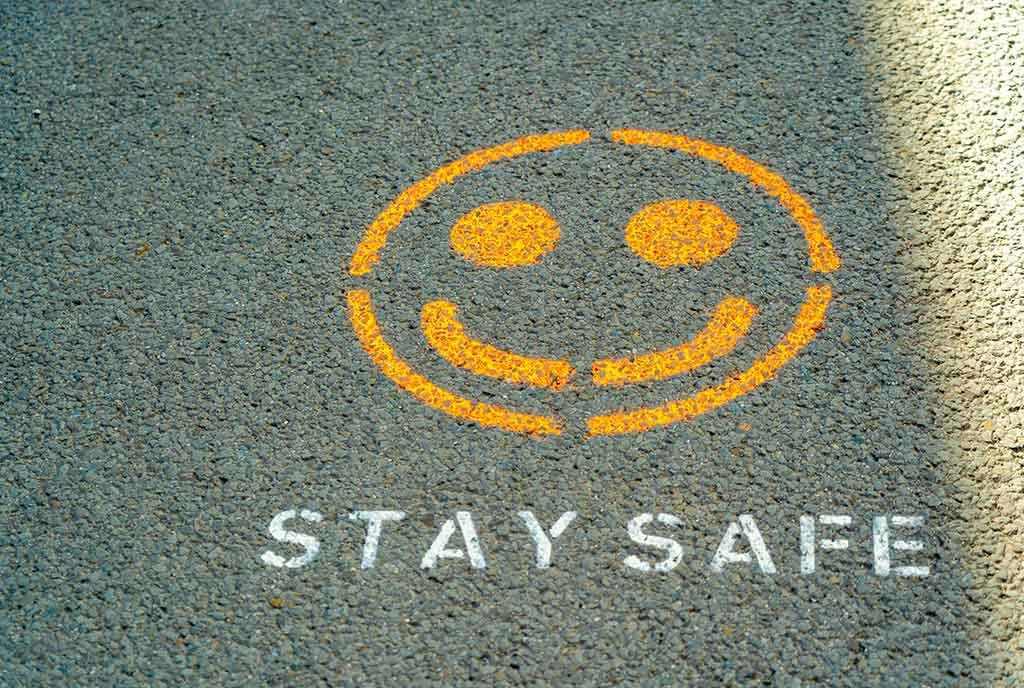
December 1, 2020; Brookings Institution and Mother Jones
In early April, US House of Representatives intelligence committee chair Adam Schiff (D-CA) introduced legislation calling for a bipartisan commission to investigate the US response to the coronavirus pandemic. The announcement was followed by a second proposed bill (summary available here) from Representatives Stephanie Murphy (D-FL) and John Katko (R-NY) to establish a 10-person bipartisan commission to examine the US response to and preparedness for domestic COVID-19 spread, modeled after the congressional investigation of the 9/11 terrorist attacks.
The resulting report would not be meant to point fingers or assign blame but would offer a “full accounting of what occurred and recommending concrete steps the US public and private sector can take to prevent, prepare for, respond to, and mitigate the harmful impact of future pandemics.” To avoid politicizing the investigation, both bills called for investigations to begin in March 2021, after the elections.
The Center for Effective Public Management at the Brookings Institution contends that such a commission should be fully funded, have subpoena power, and go beyond “political statements.” It should provide answers on what went wrong at the federal, state, and local government operational levels. The investigation should help us prepare for similar future events and provide the necessary resources and innovations for an effective comprehensive response.
Speaking to Mother Jones back in April, Schiff recalled how families of 9/11 victims organized to demand answers from the government. “I think you’re going to have exactly the same phenomenon here, where people who lost loved ones to the virus, people that went through the ill health effects of it, and thousands and tens of thousands of health-care workers on the front lines, who right now are really experiencing a trauma not seen outside of wartime—they’re going to demand accountability and demand answers,” he said.
Similar parallels to the 9/11 Commission were made by William Haseltine, president of ACCESS Health International, and Brookings president John R. Allen in an op-ed for the Atlantic. They say comprehensive institutional reform will be needed after the investigation. But although they concede that federal surveillance powers were greatly expanded as a result of the 9/11 Commission, calling them “necessary to protecting our nation against future attacks,” the report, published in August 2004, did little to address ongoing US-initiated wars in Afghanistan and Iraq, not to mention the Central Intelligence Agency’s role in black sites, Guantanamo Bay, drone attacks, and the like.
Sign up for our free newsletters
Subscribe to NPQ's newsletters to have our top stories delivered directly to your inbox.
By signing up, you agree to our privacy policy and terms of use, and to receive messages from NPQ and our partners.
A better parallel perhaps would be the “The Select Bipartisan Committee to Investigate the Preparation for and Response to Hurricane Katrina.” Although that commission failed to address structural racism and related inequities behind the inadequate governmental response to Katrina, it at least addressed the lack of emergency response as a “national failure” and a cautionary tale. The commission recognized that the federal government not only lacked initiative to act promptly on a national response plan, but that it has an obligation to “do something” in the face of disaster.
The levees did fail, and government and other organizations failed in turn–in many, many ways. It remains difficult to understand how government could respond so ineffectively to a disaster that was anticipated for years, and for which specific dire warnings had been issued for days. This crisis was not only predictable, it was predicted.
The Katrina Commission reduced racial and economic inequities to “renewed debate about race, class, and institutional approaches” that “warranted further discussion,” making clear that the majority of the committee members in charge of the investigation were unwilling to name racism as a driver of the inadequate response. Yet the lessons on poverty and racial disparities in Katrina were still being discussed 10 years later by nongovernmental researchers. Disaster policy failures were directly related to the strength and weakness of poverty policies, which, compounded with racial disparities, indeed showed a legacy of institutional discrimination and structural racism.
As NPQ has often noted, the coronavirus pandemic is a painful tragedy that calls on the country to reckon with historical racism. In the words of Lori Villarosa, “Uprooting racism that permeates political, cultural, and economic norms requires us to confront power, shift how we distribute our resources, and move toward system-wide transformation.”
Calling for a COVID panel modeled on the 9/11 Commission is not only short-sighted, it’s dangerous. Whether there is a COVID-19 Commission or not, Congress must address the structural changes and policies required to address the many inequities that the pandemic has unearthed— among them, health disparities, food insecurity, essential workers’ wages, housing injustice, the prison industrial complex,. And it must push on, bravely and unequivocally, for anti-racist policies.—Sofia Jarrin













